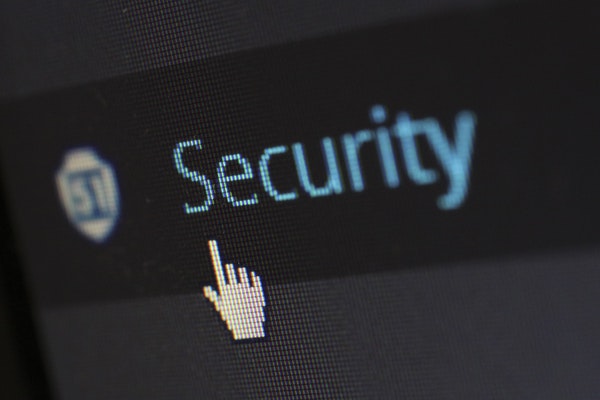
5 Ways to Safeguard Your Bank Accounts
Identity theft costs Australia upwards of $1.6 billion each year and $900 million is lost to individuals through credit card fraud, identity theft and scams. Crafty criminals have become more than adept in navigating the ever changing landscape of online banking, investing, credit cards, and the such.
You can shield yourself and your hard earned money from potential thieves. You just have to be smart about it and though we all know we shouldn’t use the same user ID and password everywhere many of us still do.
HERE ARE 5 WAYS TO SAFEGUARD YOUR BANK ACCOUNTS
Review Your Credit Report
Get your current report from one of these agencies below and look for any indiscrepancies. Thieves can use your information and set up a new credit card at a fake address and you could be none the wiser until you see your credit score in shambles from unpaid credit card bills in your name. You can also explore putting a “lock” or “freeze” on your credit reports compiled by the agencies below. This will make it unlikely that someone can open a new credit card in your name, but just remember if you are going to apply for a new line of credit, you will need to unlock or unfreeze prior to applying.
AGENCIES: MyCreditFile.com.au (Equifax), CheckYourCredit.com.au (Illion) and Tasmanian Collection Service
Create Strong User IDs and Passwords
As we stated previously, do not use the same user IDs and passwords for all of your accounts. If you have a variety of both versus a singular one, it is harder for criminals to steal virtual keys to your accounts and will limit what damage they can do if they do crack the code on your virtual key. If you can’t think of strong usernames and passwords, consider using a password manager to manage it all for you. Here are PC Magazine’s Best Password Managers of 2018.
Keep Personal Information, Personal
Don’t give out vital data like tax ID numbers and bank account numbers to strangers calling over the phone. If you think the call may be legitimate, ask for the person’s full name and a number to reach out to them later after you have verified they are indeed calling from where they claim to be.
Check Your Mailbox
Don’t ignore your mailbox. Check to see if you are receiving any unsolicited credit cards or collection notices for products and services you never purchased or signed up for.
Create an Online Account
If you do your banking in person, consider creating an online account so you can closely monitor account activity and spot breaches faster. Also activate notifications so you are immediately contacted if any fraudulent activity happens
If you stalk your bank accounts like you stalk your friends on social media, it could save you from theft, but all joking aside, the key to keeping your money in your hands is awareness of anything weird and strange happening that you didn’t authorise.
Read more on Scams & Privacy
Protect Yourself Against this US Visa Scam
Protect Yourself Against Harvesting Scams
Protect Yourself Against Email Scams
Protect Yourself Against Phone Scams
How to Have Privacy on Facebook

